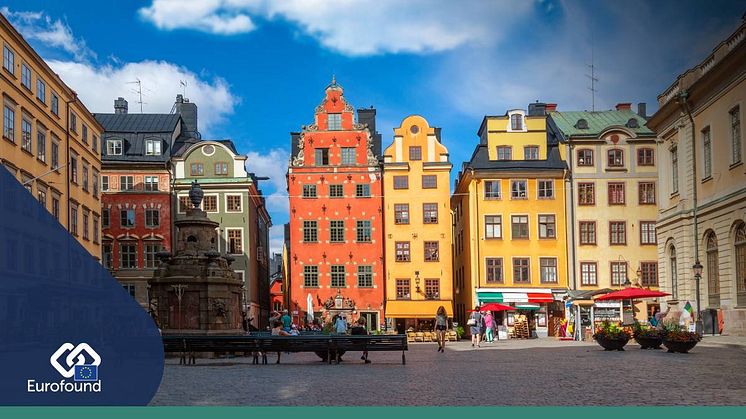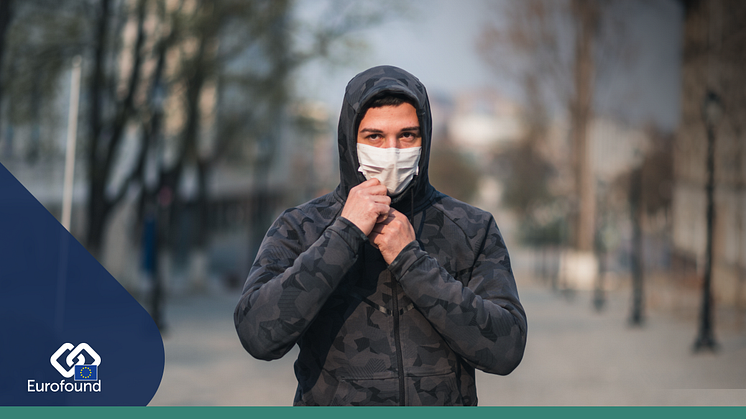
News -
Low levels of optimism in Portugal as labour market challenges take hold
Almost one third of Portuguese respondents reported losing employment (7% permanently and 22% temporarily) due to the COVID-19 pandemic by April – just above the EU27 average of 28% according to Eurofound’s Living, working and COVID-19 survey. The findings also show that trust in national government and in the EU were both well above the EU27 average, but life satisfaction and optimism for the future were at some of the lowest levels in the EU.
The First Findings of the Living, working and COVID-19 survey, show that nearly half of respondents (46%) in Portugal reported a worsening of their financial situation when compared to the period prior to the pandemic. This is likely to be as a result of 29% reporting loss of employment and 46% reporting that their working hours had decreased – both levels are just above the respective EU27 averages. The findings also show that 38% of respondents were able to switch to working from home in order to comply with confinement measures, which is likely to have prevented higher levels of job loss and decreased working hours.
Eurofound’s research on labour market trends shows Portugal has one of the highest levels of temporary employment across the EU – making up 22% of all employment in 2018 – though the level has decreased marginally over the last decade. Furthermore, the report shows that 81% of temporary employment in Portugal is not by choice, and the wage penalty on temporary contracts was around 30% in Portugal. Moreover, Eurofound research on minimum wages shows that more than 20% of workers in Portugal earn minimum wage, compared to around 9% across the EU. This high share of workers on temporary contracts, and the comparatively larger proportion of workers earning the minimum wage, are likely to be some the groups more exposed to financial hardship during the pandemic and in the aftermath.
Overall quality of life indicators for Portugal were generally below the EU27 average during the COVID-19 pandemic, with the third lowest level of self-reported happiness at 5.9 (on a scale of 1-10) and life satisfaction ranked at 5.8 – below the EU27 average of 6.3. Similarly, optimism for the future is the fourth lowest level across the EU at 39%. This is a considerable decline from the level recorded in the European Quality of Life Survey 2016, where 54% of respondents in Portugal reported feeling optimistic for the future. This low level of optimism for the future could be influenced by the fact that 22% report that they expect to lose employment in the next three months in Portugal and 45% expect their financial situation to worsen in that period. It is positive, however, to see that there is a high level of trust in society, with trust in national government ranked at 6 – above the EU27 EU average of 4.6.
Eurofound has been monitoring and reporting on living and working conditions in Portugal, in comparison to other EU Member States, since Portugal joined the EU in 1986.
Read more:
Publication: Living, working and COVID-19: First findings – April 2020
Publication: Minimum wages in 2020: Annual review
Publication: Labour market change: Trends and policy approaches towards flexibilisation
Country profile: Living and working conditions in Portugal





